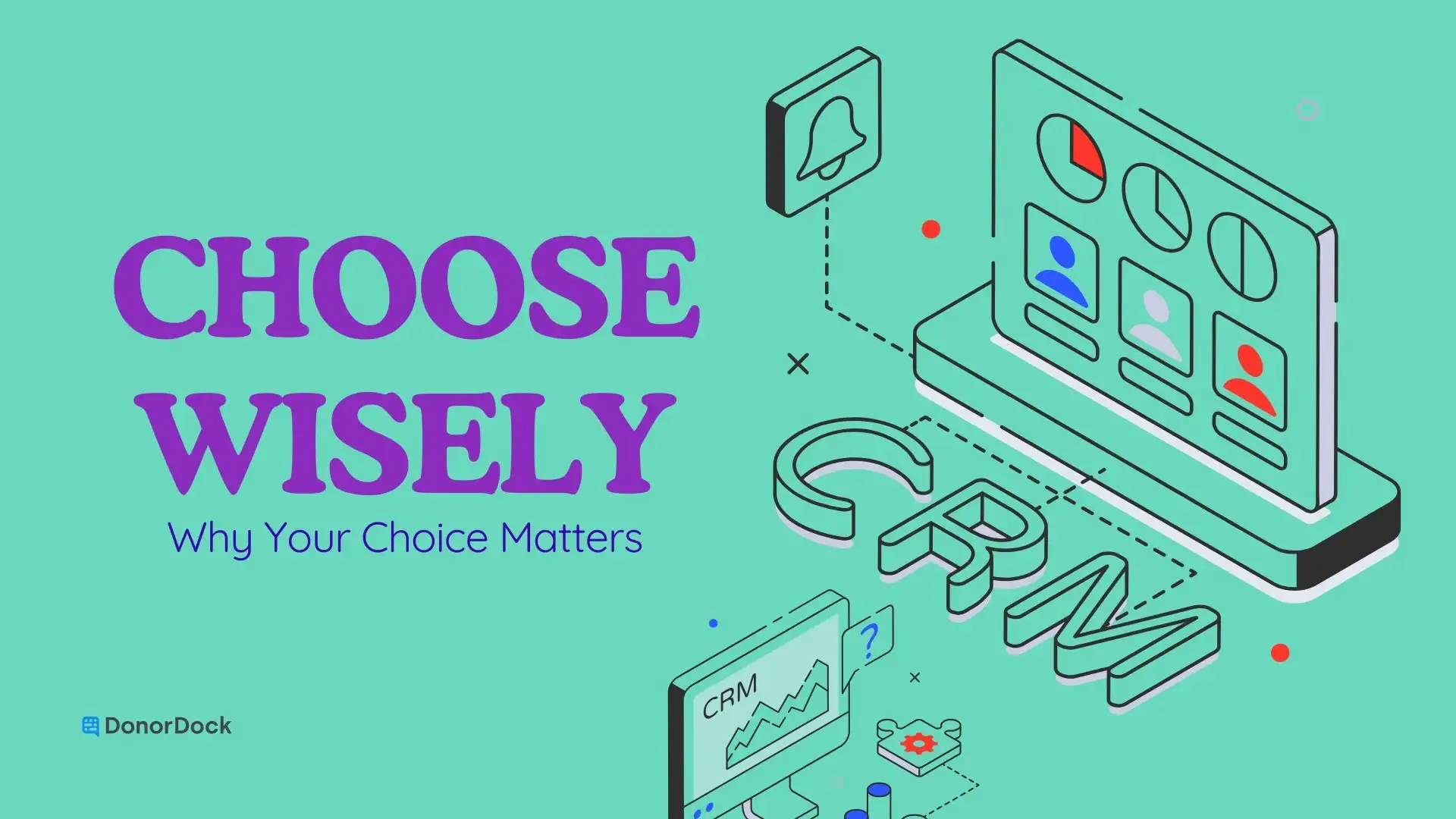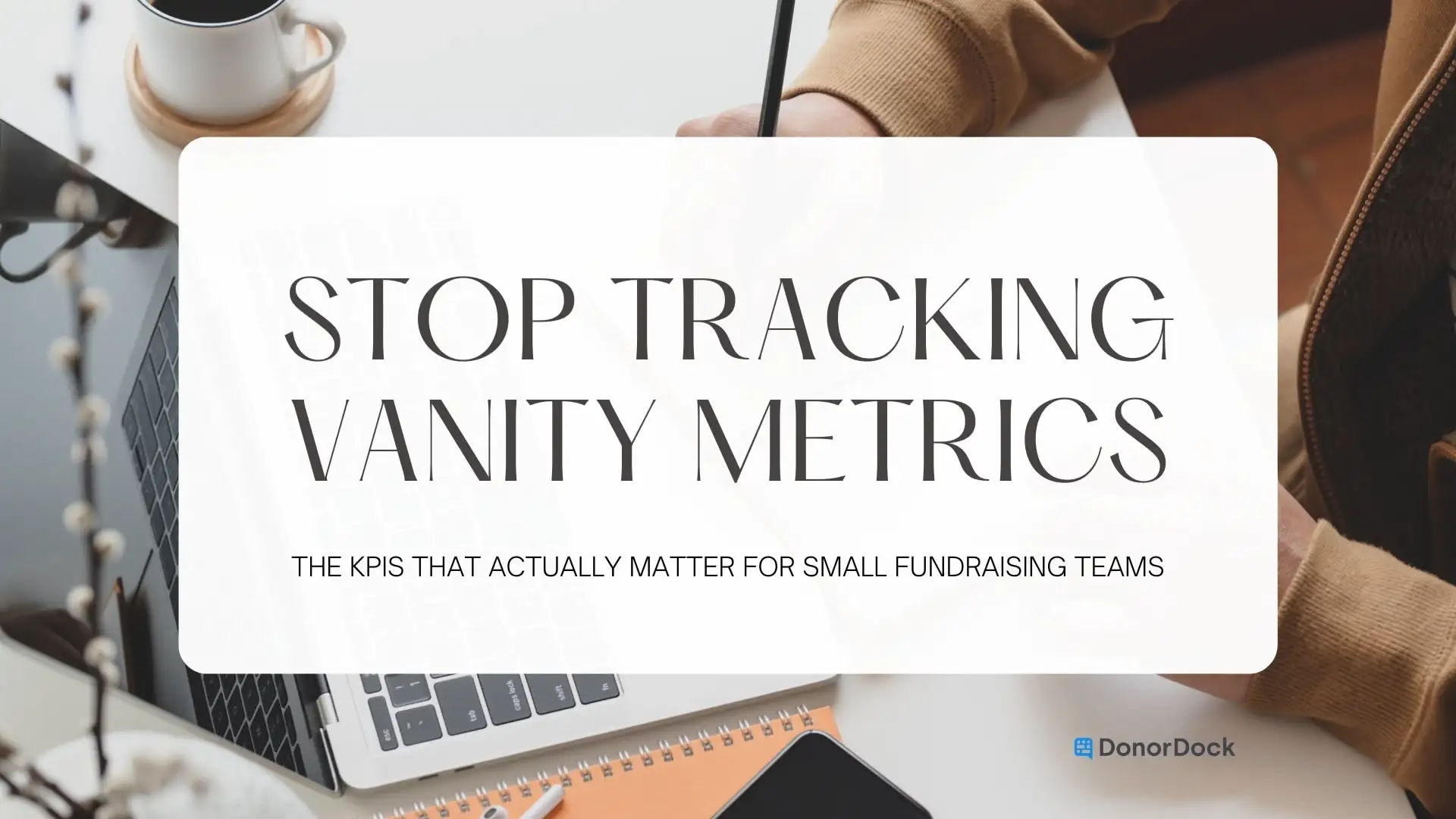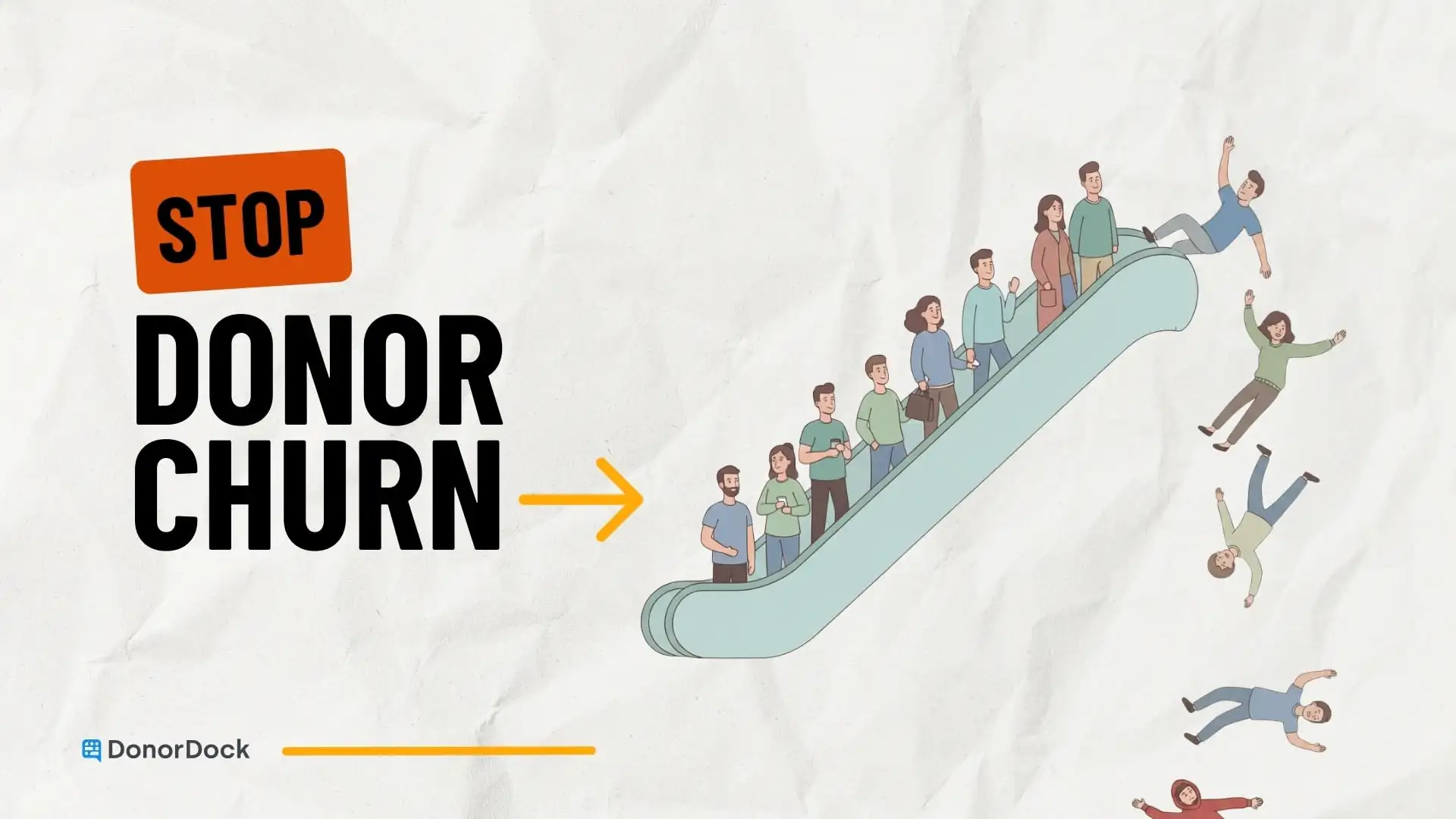Imagine getting a call asking for a donation to a children’s cancer center. They’re looking for donations to improve the stay of young children diagnosed with cancer, so their hospital room can feel more comfortable and homey. You know how uncomfortable hospitals can be, so you decide to donate. A few months later you find out that the hospital decided not to follow through on buying blankets, stuffed animals, and kid-friendly artwork. Instead, the money you donated actually went to an event for major donors.
You’d likely feel angry and lied to by the nonprofit. If they asked you to give to them in the future, would you want to give to them again? Probably not. You wouldn’t think of them as trustworthy. The reason? They didn’t honor your intent as a donor.
Today’s donors want to know that their dollars, whether large or small, are being used in a way that aligns with their core values and principles.
If you’re working in the nonprofit sector or involved in fundraising, have you been considering donor intent? It’s one of the most important parts of fundraising! Let's dive into the basics:
- What is donor intent?
- Why it matters
- Strategies to honor donor intent
What is donor intent?
Donor intent is what the donor hopes is achieved with their giving. If you give a gift to a campaign for improving children’s hospital stays, then you rightly expect your donation to go to that. It’s the same with your donors. They have implicit (or sometimes explicit) expectations around the gifts they give. While they may be willing to forgive you for some deviation, they want to see that their gifts are being used in an appropriate way.
With major donors or grants, these expectations are often written out. There are clear rules and boundaries around the gift. And in the past, donor intent usually referred to the intentions and desires of these types of gifts. But technology has changed the way we interact with information, and younger donors have higher expectations around transparency. They expect nonprofits to show that gifts are being used in an appropriate way. Today’s donors want to know that their dollars, whether large or small, are being used in a way that aligns with their core values and principles.
Why donor intent matters
Honoring donor intent preserves the integrity of the nonprofit sector. When a nonprofit chooses to not honor the implied or stated intentions of a donor, that breaks trust. It shows a lack of integrity and that impacts people’s willingness to make donations.
While there have been many debates over the extent to which donor intent should be honored. Instead of getting into the weeds of when a donor’s intent should or shouldn’t be respected, here we’ll explore the positive impact of upholding donor intent.
Establish stronger donor relationships
Respecting donor intent fosters trust and builds stronger connections. Donors know that you are true to your word, so they know they can trust you with their donated dollars.
Increase donor engagement

Improve donor retention
Recurring donations are a significant part of growing a sustainable nonprofit. If your donors can’t trust you with their donations, then they won’t continue to give. Honoring donor intent fosters trust and deepens relationships, increasing the likelihood of continued support and future contributions.
Build a positive rapport with your community
Showing a commitment to honoring donors’ wishes grows your nonprofit’s reputation. Increased donor engagement means more people spreading the word about your nonprofit, which builds community rapport. When your community views your nonprofit positively, more donors are attracted to your nonprofit.
Strategies for honoring donor intent
So you know what donor intent is and why it’s important, but what does it look like practically?
Know your donor base

While it is important to place the group you are serving at the center of your decision-making, you also need to know your donors to be able to honor their wishes. Tracking your donors and keeping organized notes about their preferences helps your nonprofit align with your donors. Two great ways to track donors are via a spreadsheet or a donor management CRM.
Communicate often and openly
Open lines of communication with your donors are key to keeping in sync with your donors. Donors want to know how their gifts are advancing the mission. It’s important to share the success stories and progress happening.
But, also, there are times when an initiative isn’t working. If a project is failing or needs a course correction, it is scary to share that with your donor base. You might wonder if they’ll doubt you or not want to support you. While it might be disappointing to hear a project isn’t working, donors typically are flexible and understanding. When you share with them why you need to go in a different direction, many donors get on board with the change.
Use fund accounting

Fund accounting is a great way to document where your donors’ dollars are going. When you track donations and where they are used, it is easier to be transparent with your constituents. With fund accounting, you are able to track where donors are giving and how you are using the gifts for their specific purpose.
Empower donors through collaboration
When donors actively participate in shaping the impact of their gifts, their sense of ownership is strengthened. Find ways to include your donors in decision-making. Maybe this is putting out a survey for your next project or initiative. Or you could have an email campaign that asks for input on the work you are doing. By involving donors directly, you show your commitment to their intent and create a shared journey toward meaningful change.
Final thoughts on donor intent
Understanding and respecting donor intent is crucial in the nonprofit world. When we understand the motivations and values of our doors, we can build strong partnerships. When donors trust your nonprofit that increases donor retention and engagement. You can improve your transparency through:
- tracking your donors
- open communication
- fund accounting
- collaboration
Honoring donor intent is one way to help our nonprofits thrive and the world become a better place for all!












